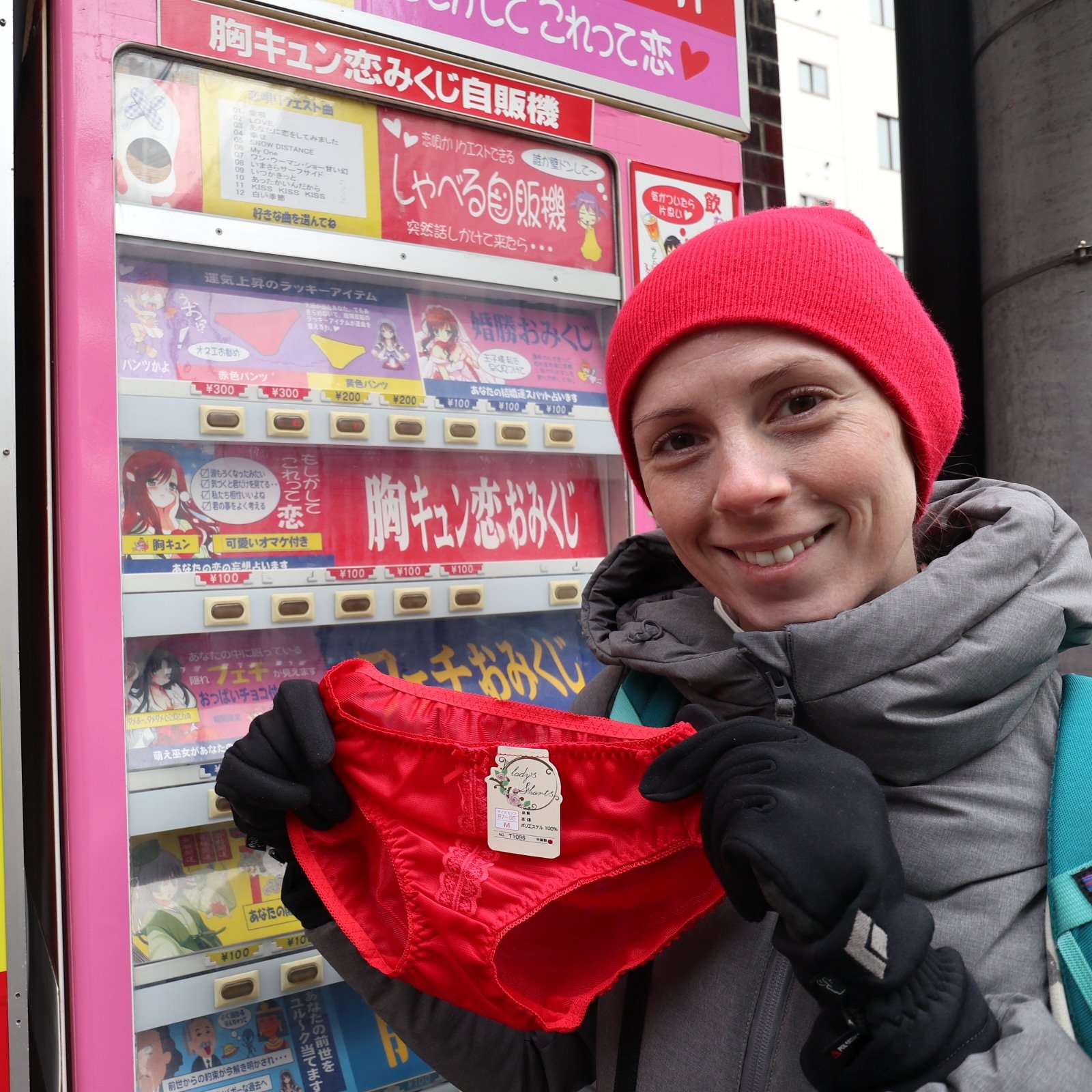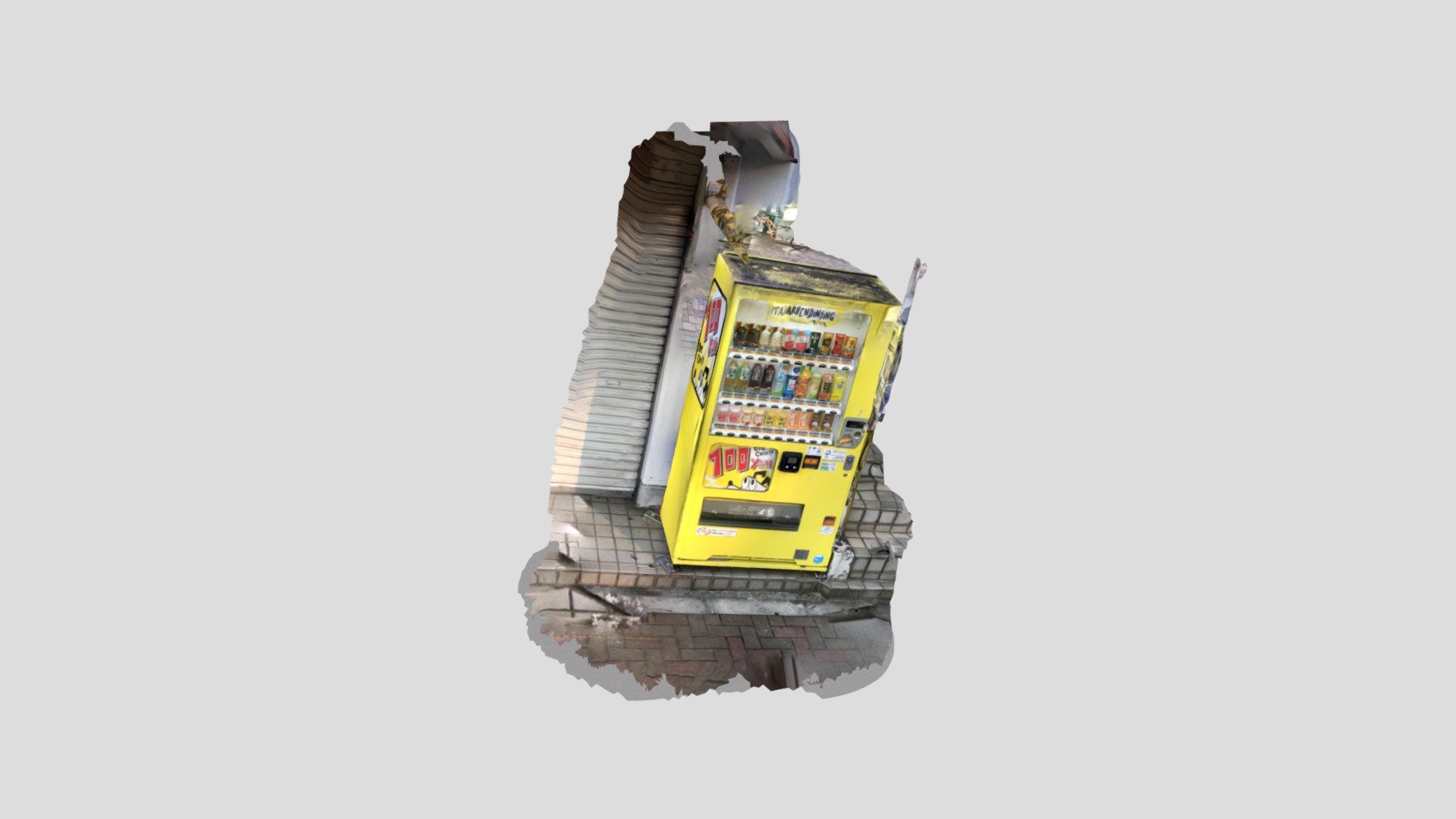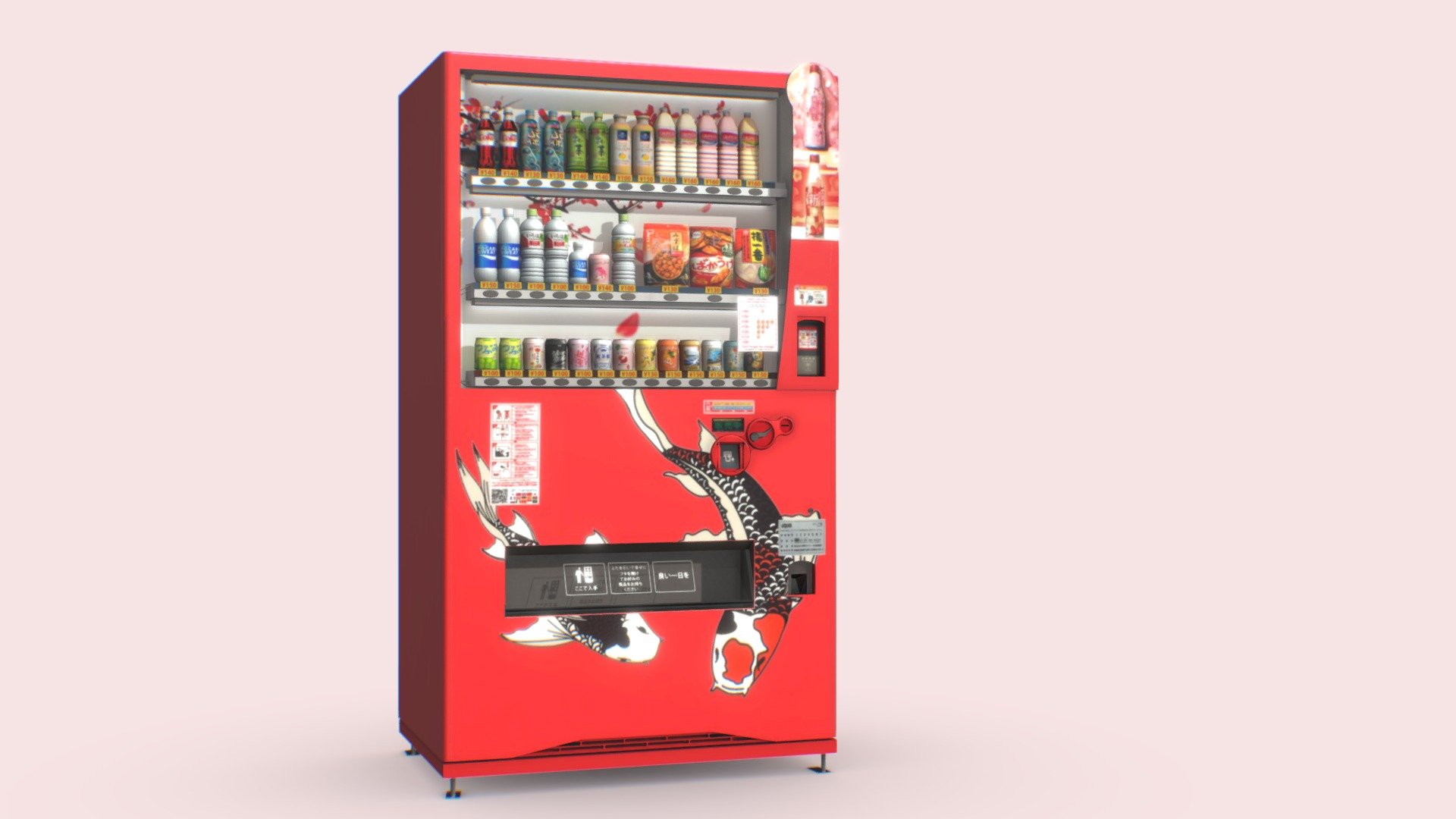Ever wondered about the quirky world of Japanese vending machine panties? You're not alone. This unique cultural phenomenon has sparked curiosity and debate worldwide. From its origins to the reasons behind its popularity, this article dives deep into everything you need to know. So buckle up, because we're about to explore the fascinating and sometimes controversial world of vending machine panties in Japan.
Now, let's face it—Japan is known for its quirky inventions and unconventional business ideas. The vending machine panties phenomenon is just one of those things that make you scratch your head and wonder, "What were they thinking?" But as we'll discover, there's more to this story than meets the eye.
Before we dive deeper, let's clear the air: this isn't just about weird vending machines or a random fad. It's a reflection of Japan's unique culture, consumer behavior, and even societal norms. So whether you're here out of curiosity or looking for insights, you're in the right place.
- Unraveling The Mystery Is Luke Bryan A Trump Supporter
- Aubreigh Wyatts Goodbye Letters A Heartfelt Farewell
What Are Japanese Vending Machine Panties?
Picture this: you're walking down a bustling street in Japan and stumble upon a vending machine. But instead of your usual soda or snacks, this machine sells used panties. Yes, you read that right—used panties. This is the essence of Japanese vending machine panties, a phenomenon that has been both celebrated and criticized.
The concept is simple. Women wear the panties, then sell them through specially designed vending machines. Buyers, usually men, purchase these used items for various reasons, often tied to personal preferences or cultural practices. While it might sound strange to outsiders, it's a legitimate business in Japan with a dedicated customer base.
Why Do People Buy Used Panties?
Now, the million-dollar question: why on earth would someone buy used underwear from a vending machine? Well, it's all about personal preferences and cultural differences. Here are a few reasons:
- Unraveling The Monty Noblitt Resignation What Led To His Departure
- Molly Nolbit A Journey Through Art And Activism
- Collector's Item: Some people view these panties as collectibles, much like stamps or coins.
- Cultural Norms: In Japan, certain practices that might seem unusual to outsiders are perfectly normal within their cultural context.
- Psychological Appeal: For some buyers, there's a psychological or emotional connection to the idea of owning something personal from another individual.
Of course, this doesn't mean everyone in Japan is on board with the idea. Like any cultural phenomenon, it has its fair share of detractors.
A Brief History of Vending Machines in Japan
Japan's love affair with vending machines isn't new. In fact, the country has one of the highest densities of vending machines per capita in the world. From hot noodles to fresh eggs, you can find almost anything in a vending machine in Japan. But how did panties make their way into this lineup?
The origins of vending machine panties can be traced back to the 1990s, during Japan's economic boom. As disposable income increased, so did the demand for unique and unconventional products. Entrepreneurs saw an opportunity and capitalized on it, leading to the birth of this quirky business model.
How Do These Vending Machines Work?
The mechanics behind vending machine panties are surprisingly simple. Women who wish to sell their used underwear register with the vending machine company. They then deposit their items into the machine, which are later purchased by interested buyers.
But here's the kicker: these machines come equipped with advanced technology to ensure authenticity and hygiene. Items are inspected for quality and cleanliness before being made available for purchase. It's a system designed to protect both sellers and buyers.
Controversy Surrounding Vending Machine Panties
Let's not sugarcoat it—vending machine panties have sparked plenty of controversy. Critics argue that the practice objectifies women and perpetuates harmful stereotypes. Others see it as a violation of privacy and dignity.
Despite these concerns, proponents claim that vending machine panties empower women by giving them a platform to monetize their personal items. They argue that it's a consensual transaction between adults and, therefore, shouldn't be judged too harshly.
Legal Implications and Regulations
So, is selling used underwear through vending machines legal in Japan? The answer is yes, but with certain restrictions. The Japanese government has implemented regulations to ensure the safety and privacy of both sellers and buyers. These include mandatory health checks and strict hygiene standards.
However, the legal landscape is constantly evolving. As societal norms shift, so too do the laws governing this unusual business practice. It's a delicate balancing act between preserving cultural traditions and protecting individual rights.
The Economic Impact of Vending Machine Panties
Believe it or not, vending machine panties contribute significantly to Japan's economy. According to recent estimates, the industry generates millions of dollars annually. This money supports not only the vending machine companies but also the women who choose to participate in the program.
But the economic impact goes beyond just financial gain. It highlights the importance of innovation and entrepreneurship in driving economic growth. By thinking outside the box, Japan continues to lead the way in creating unique business opportunities.
Who Benefits from This Industry?
While the obvious beneficiaries are the vending machine companies and their customers, there are others who profit from this industry. For instance:
- Women Sellers: They earn extra income by selling their used underwear.
- Manufacturers: Companies that produce the vending machines and related technology see increased demand.
- Consumers: Buyers have access to unique products that align with their personal preferences.
It's a win-win situation for everyone involved, provided all parties adhere to ethical and legal standards.
Psychological Insights into the Phenomenon
Psychologists have long been fascinated by the vending machine panties phenomenon. They argue that it taps into deep-seated human desires and needs. For instance, the idea of owning something personal from another person can create a sense of intimacy and connection.
But there's more to it than just psychological appeal. It's also about cultural identity and expression. In Japan, where conformity is often the norm, vending machine panties offer a way to break free from societal expectations and embrace individuality.
Does This Phenomenon Exist Outside Japan?
While vending machine panties are most commonly associated with Japan, similar practices exist in other parts of the world. For example, some countries have online marketplaces where people can buy and sell used personal items. However, these platforms lack the cultural significance and scale of Japan's vending machine industry.
What sets Japan apart is its ability to turn unconventional ideas into thriving businesses. It's a testament to the country's creativity and adaptability in the face of changing consumer demands.
The Future of Vending Machine Panties
So, where does the future lie for vending machine panties? As technology continues to evolve, we can expect even more advanced vending machines with enhanced features. Imagine machines equipped with AI to personalize the buying experience or blockchain technology to ensure transparency and authenticity.
But it's not just about technology. The future of this industry will also depend on shifting societal attitudes and legal frameworks. As more people become aware of the benefits and drawbacks of vending machine panties, the conversation will undoubtedly evolve.
Trends to Watch Out For
Here are a few trends to keep an eye on:
- Sustainability: As environmental concerns grow, companies may explore eco-friendly alternatives to traditional vending machines.
- Digital Integration: The rise of e-commerce could lead to hybrid models combining vending machines with online platforms.
- Cultural Exchange: As global interest in Japanese culture increases, we may see similar practices emerge in other countries.
Only time will tell how this industry will shape up, but one thing's for sure—it's here to stay.
Conclusion: What Have We Learned?
In conclusion, Japanese vending machine panties represent a fascinating intersection of culture, economics, and psychology. While it may seem unusual to some, it's a legitimate and profitable business in Japan. By understanding the motivations behind this phenomenon, we can appreciate its significance in the broader context of Japanese society.
So, the next time you're in Japan and spot a vending machine selling used panties, don't be too quick to judge. Instead, take a moment to reflect on the complexities of human behavior and the power of innovation. And who knows? You might just learn something new about yourself in the process.
Before you go, why not share your thoughts in the comments below? Do you think vending machine panties are a fascinating cultural phenomenon or a step too far? Let's continue the conversation and explore the many facets of this intriguing topic.
Table of Contents
- What Are Japanese Vending Machine Panties?
- A Brief History of Vending Machines in Japan
- Controversy Surrounding Vending Machine Panties
- The Economic Impact of Vending Machine Panties
- Psychological Insights into the Phenomenon
- The Future of Vending Machine Panties
- Conclusion: What Have We Learned?
Remember, the world is full of surprises, and sometimes the most unusual things can teach us the most valuable lessons. Keep exploring, keep questioning, and most importantly, keep learning.
- Understanding The Impact Of Aubreigh Wyatt Bullies
- Exploring The Life And Achievements Of Molly Niblitt


